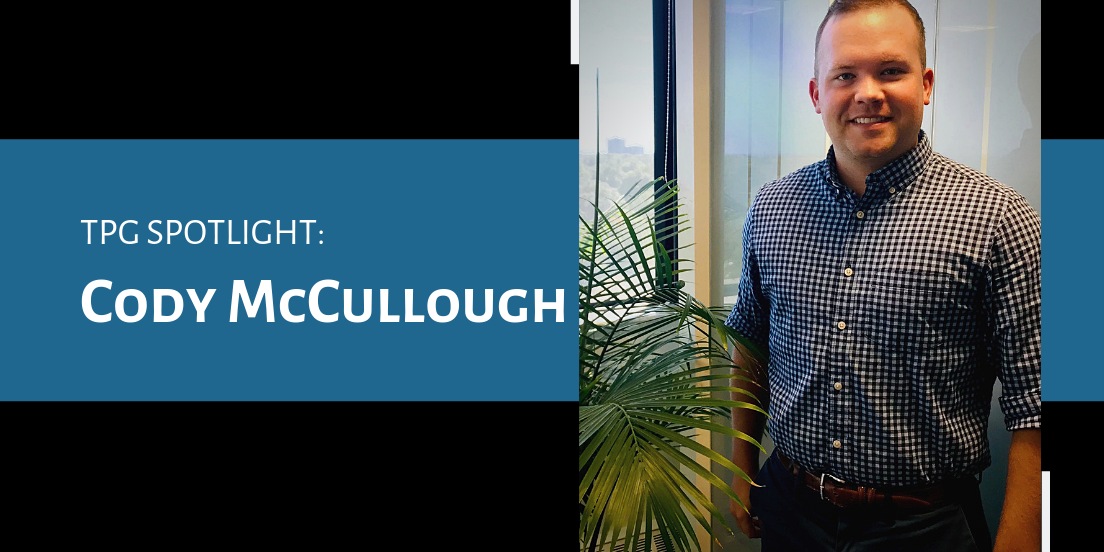At TPG, we use feedback and open communication as a mechanism to break down these hierarchical or fear-based barriers. It’s not always easy receiving constructive feedback, however, TPG ensures it is welcome by the receiving party, is provided with the right intention, and based in personal development.
What do you wish you knew before entering consulting?
Before starting in consulting, I had the perception that with enough time and effort I would always be prepared for any client facing situation. Nearly four years later, I now understand the importance to be very confident with the unknown. Rarely do I find myself having all the information I need going into an engagement, and I often manage clients who don’t know exactly what they want. Being comfortable with this level of ambiguity and the ability to handle the unknown with ease is a critical skill.
Another thing that I wish I knew before entering consulting is developing / honing “soft” skills. Most of my preparation prior to my first engagement was centered on my quantitative and analytical abilities. I quickly realized that once you’re with a client, analytical proficiency doesn’t get you as far as you’d hope. Most superstars that I’ve encountered are typically not the best quantitative people. I found that it’s usually the ones who have some analytic competency, but are also excellent at communication, storytelling, building relationships, selling and mentoring who thrive.
What made you get into consulting?
I joined The Poirier Group straight out of undergraduate. I had two main reasons for entering consulting:
- Exposure to many different types of industries and project types: I had an offer to be a logistics engineer after graduating, but I wasn’t sure that I wanted a career focused only in Supply Chain, nor did I want to be type-casted as the “logistics expert”. In only four years at TPG I have worked for approximately 15 clients, and over 25 unique projects. Not only am I developing new skills tailored to specific industries, but I am being exposed to varying types of leaders, who each offer different approaches to managing their organizational problems.
- Ability to Travel:I grew up in a relatively small town in Ohio, and only periodically left my hometown for vacations. Consulting has provided me with the opportunity to work/live in 10 states in the USA, 4 Canadian provinces, and even 3 months in Germany. In this time, I have grown to appreciate regional differences, and have become a more culturally empathetic person.
What are some of the main lessons you have learned in your role?
I have learned that there is a significant difference between confidence and ego. As I continue to develop professionally, I have been provided more responsibility in leading client projects. At first, I was aggressive and overconfident in leading various internal and client team members, and this manifested itself in a stressful team environment and personally working long hours. By appreciating and utilizing the various team members’ individual skillsets, I have learned that the projects tend to have better results, and the work culture improves substantially.
A more tactical skill that I have learned since starting my role is creating portrayals (i.e. pictures, representations, interpretations, etc.) of the critical process and information flow that occurs in organizations. I have found that in today’s environment of data overload, the ability to quickly visualize the pain points or failure modes within a process or system pictorially, has been extremely beneficial.
What has been your favourite part of working with TPG (Project experience, travel, work culture etc.)?
When I am asked my favorite part of working for TPG, the first thing that comes to mind is our culture of open, honest, and direct communication. When I speak to my friends and family about their work experience, they often become frustrated when speaking about their colleagues (usually their direct boss). They talk about a fear of providing feedback or being honest about their experiences, and that’s because their organization’s hierarchy is so rigid, so they have to be extremely careful about what they say.
At TPG, we use feedback and open communication as a mechanism to break down these hierarchical or fear-based barriers. It’s not always easy receiving constructive feedback, especially coming from a colleague you consider a friend. However, TPG ensures feedback is welcome by the receiving party, is provided with the right intention, and based in personal development. I have found myself becoming more vulnerable with my colleagues, and this has allowed me to be more courageous and bolder when I suggest ideas related to both client projects and building the business internally. I don’t get anxious about what they “might think”, because I know they will tell me openly and respectfully.

